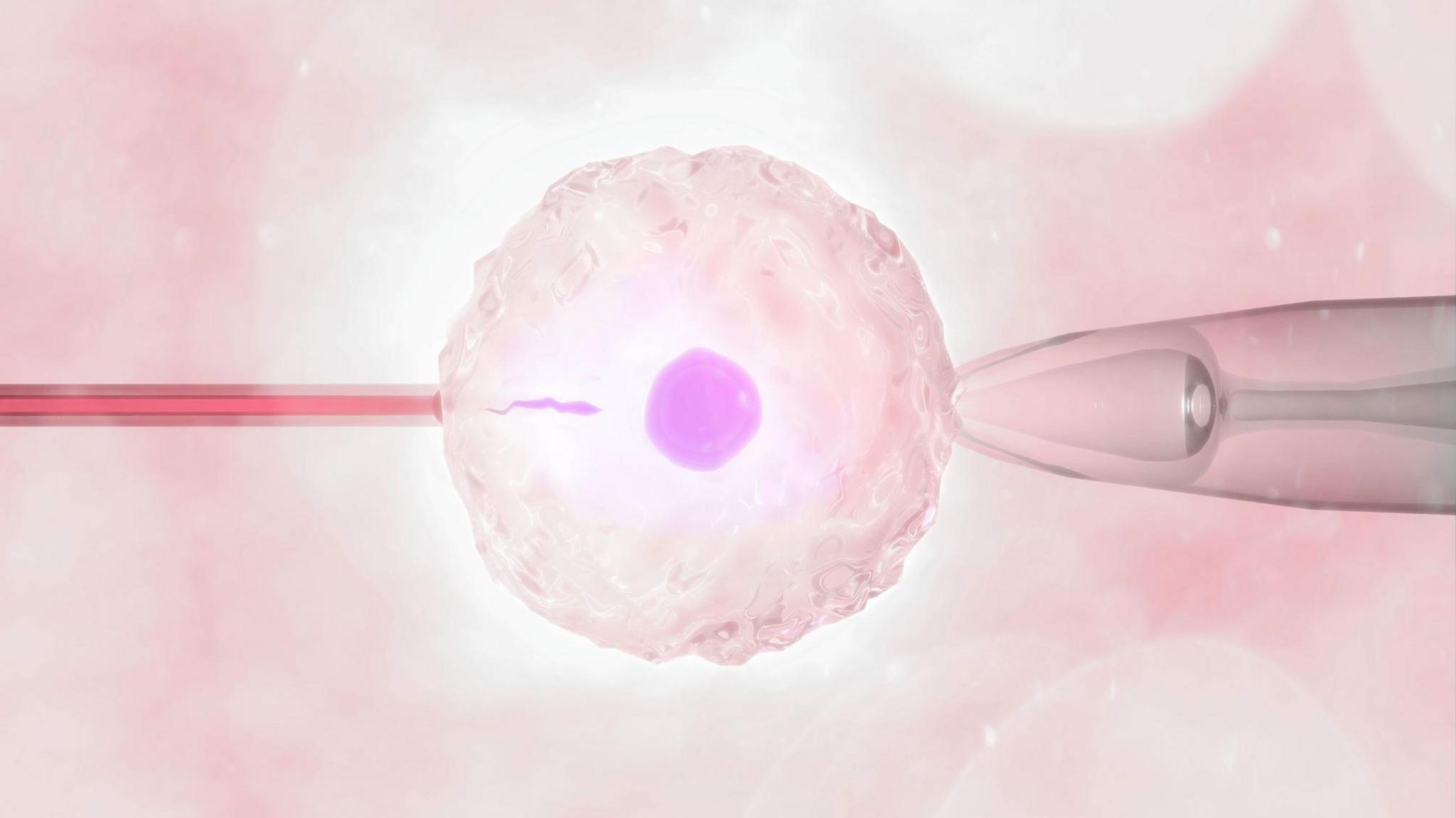'If you want to have a child, why wait for a man?'
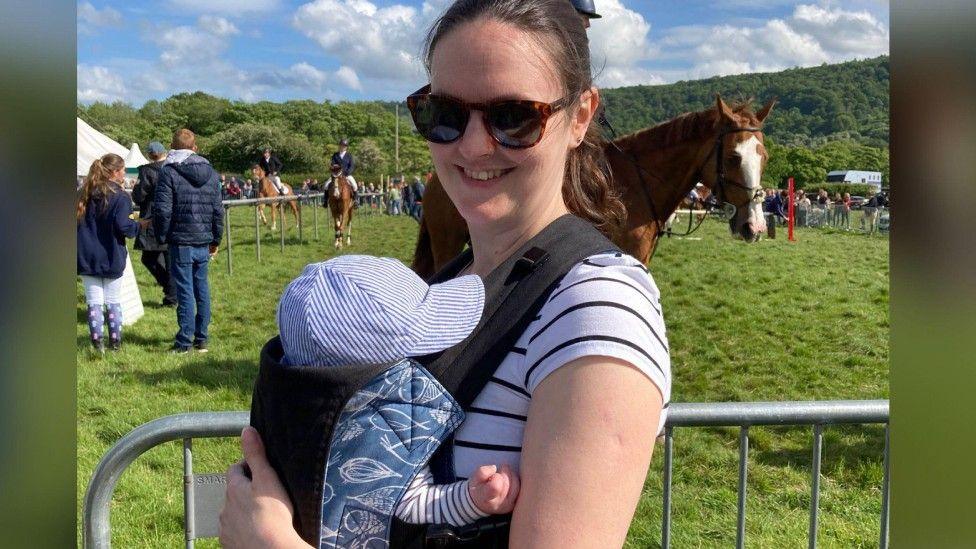
Gina, 39, said she does not remember "having any anxiety" after planning to be a single parent
- Published
The number of single women going through IVF or artificial insemination in the UK has more than tripled in a decade, according to new figures.
Between 2012 and 2022, the number of women having fertility treatment on their own jumped from 1,400 to 4,800, a report from the fertility regulator shows.
Experts and women who have planned single parenthood say more women putting off children until they are older and not finding stable partner are among the factors fuelling the increase.
But many still face financial barriers when getting treatment and in single parenthood.
We spoke to mothers, who chose to start a family alone, about their experiences.
Gina, 39: 'Doing it on my own terms suited me'
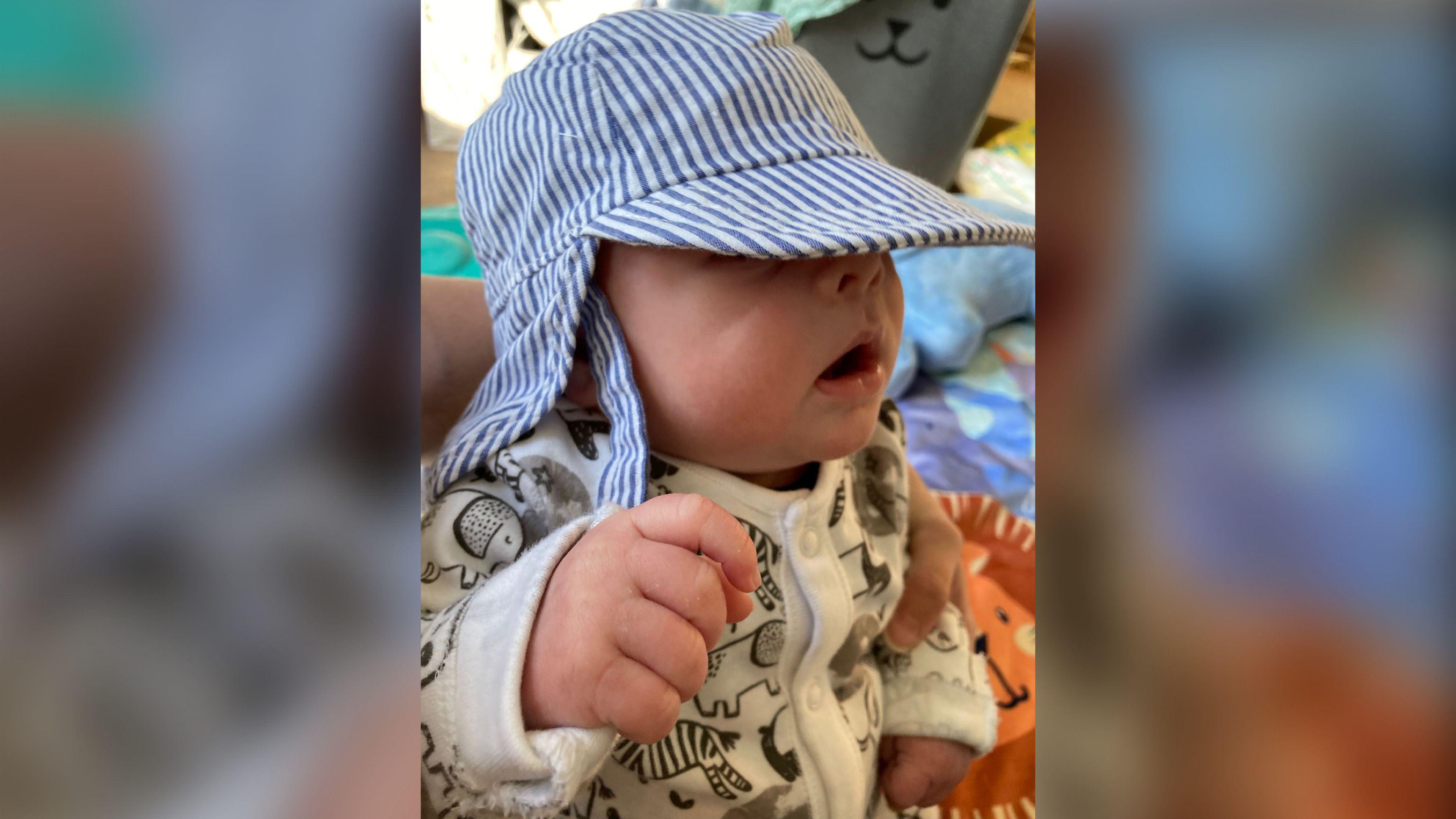
Gina's son is now aged two
Gina said she first began "seriously" thinking about becoming a single mum after having a fertility assessment in her mid 30s.
She recalled that after getting the results, she thought to herself "OK, my fertility's good for my age... this is something that I want to do".
She added: "I'd dated on-and-off but felt like I'd rather do it by myself than be in a relationship with someone for however long [and deal with] whether you want to have children with them or not, and whether your time runs out and whether you end up being a single parent anyway."
The community mental health nurse underwent an intrauterine insemination (IUI) using donor sperm - a fertility treatment which involves injecting sperm directly into the womb during ovulation. It cost about £1,500 and she became pregnant in 2021.
She had a close family network, with her sister attending the gender scan, and her mum being her birthing partner. She said she didn't "remember having any anxiety" about the prospect of single parenthood.
"Doing it on my own terms suited me," she added.
Since having her now two-year-old son in 2022, she has moved from Yorkshire back home to Northumberland to help with the pressures and costs of childcare.
"It has its moments, it can be hard," she admitted. "But I just get on with things because I don't have anyone else to get frustrated with".
"If you’re at a place in your life where you want to have a child and you’ve got love and support around you, why wait for a man?"
Sophie, 46: 'You realise your clock's ticking'
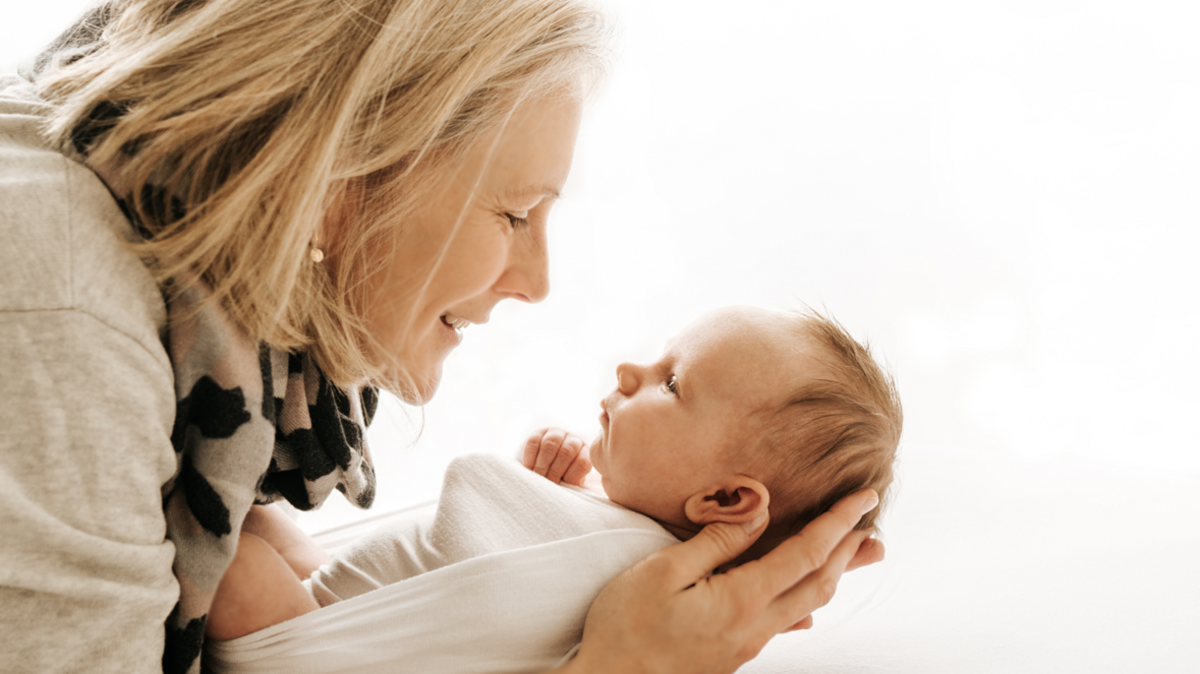
Sophie's daughter Martha was born from a frozen embryo transfer
Sophie said she spent most of her 30s living a "really full, fun, happy life", but fears about never becoming a parent set in as she edged towards 40.
"You realise your clock's ticking and it hasn’t happened as you’d imagined it might," she said.
She decided to try for a child on her own, initially through an IUI, but miscarried.
She then froze her eggs and decided to go through IVF alone. When she had a successful frozen embryo transfer in 2021, she was dating a same-sex partner who is Martha's legal parent.
But Sophie, who spent about £30,000 on the entire process, considers herself "a solo parent".
During her pregnancy, and the early stages of motherhood, Sophie, who is in the RAF, said she didn't "ever really have a panic and certainly not any regrets".
Some scrutinised her decision, including a consultant who told her: "You're bringing a child into the world who is only going to have one parent. What if that parent dies?"
"I respected his view entirely but I know now that Martha is two turning three that we have the most special bond. She’s got a very stable life," said Sophie.
While she has already told Martha how she was conceived, Sophie said she would continue to be "open about everything" with her as her understanding deepens.
But she added that the single parenthood she planned had come with difficulties.
"You’re making all the decisions yourself, you’re doing all the worrying yourself, you don’t have someone to bounce ideas around with but …you realise how strong you are when the baby’s sick and you haven’t had any sleep," she said.
Michelle, 42: 'Children are time-limited, romance isn't'
Michelle's journey to having two children via IUI using a sperm donor began with the end of a relationship.
"I had been with a partner for a long time and I always knew I wanted to have children. He was on the fence about doing so," said Michelle.
"When that relationship ended, I felt like 'I'm 38 now, I don't really have time to find a person and allow that relationship to develop in a natural way.'"
Rather than holding off trying for a baby, Michelle decided to hold off on dating.
"The children part was time limited whereas your ability to find a romantic partner is not time limited," she said.
She paid £1,800 for IUI using a sperm donor and became pregnant.
Just before giving birth to her son in 2021, she went to stay with her mum for an extended period so that she "actually did sleep and the clothes were washed", said Michelle.
"There are upsides and downsides to doing it with a partner or without," she said.
"Every single thing is on your shoulders, you don’t get to go for a coffee with your friend without a baby. You’re always on."
On the other hand, Michelle was able to "make all the decisions about names, and where we’d live and how I might raise him," she said.
In 2023, she had a daughter through the same conception method.
The three now live in Milton Keynes, with the children going to nursery on the days Michelle works.
What are the barriers?
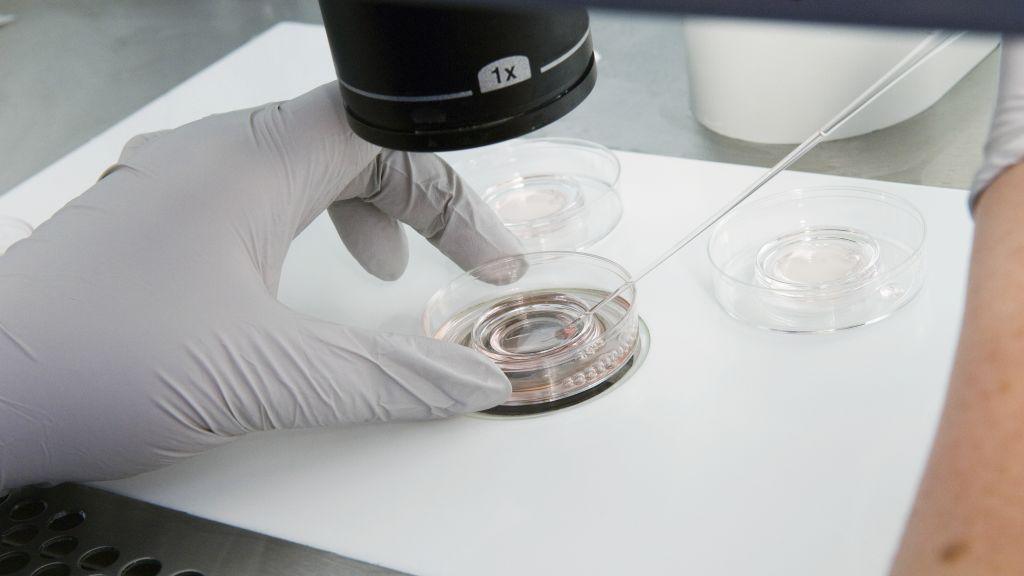
Single women cannot access funding for fertility treatment in all parts of the UK
While there has been a big jump in the number of single women accessing fertility treatments to become pregnant, the numbers are still relatively small.
There are obvious financial obstacles to this route to parenthood. IUI is not routinely offered on the NHS, while the chances of qualifying for funding for IVF depends where a patient lives in the UK.
Scotland does not fund fertility treatment for single women.
In England, there is a "complete patchwork" of access because decisions are made locally about what's funded, said Dr Catherine Hill from Fertility Network UK.
But in most areas, women have to pay for at least six cycles of artificial insemination before being accepted for NHS-funded IVF. The same is true of Wales.
Dr Hill also noted the financial barriers to bringing up a family alone, with average weekly full-time childcare costs in the UK running into hundreds of pounds.
"But [single women opting for IVF or artificial insemination] is a growing trend," she said, adding that women who wanted children were increasingly aware of their own "limitations" when it came to fertility, and increasingly taking the issue "into their own hands".
At the same time, stigma around single parenthood had lessened, said Dr Hill.
"I think societal attitudes have changed about single mums and I think what’s needed now is for policy to catch up with those changes," she added.
Related topics
- Published26 November 2024
